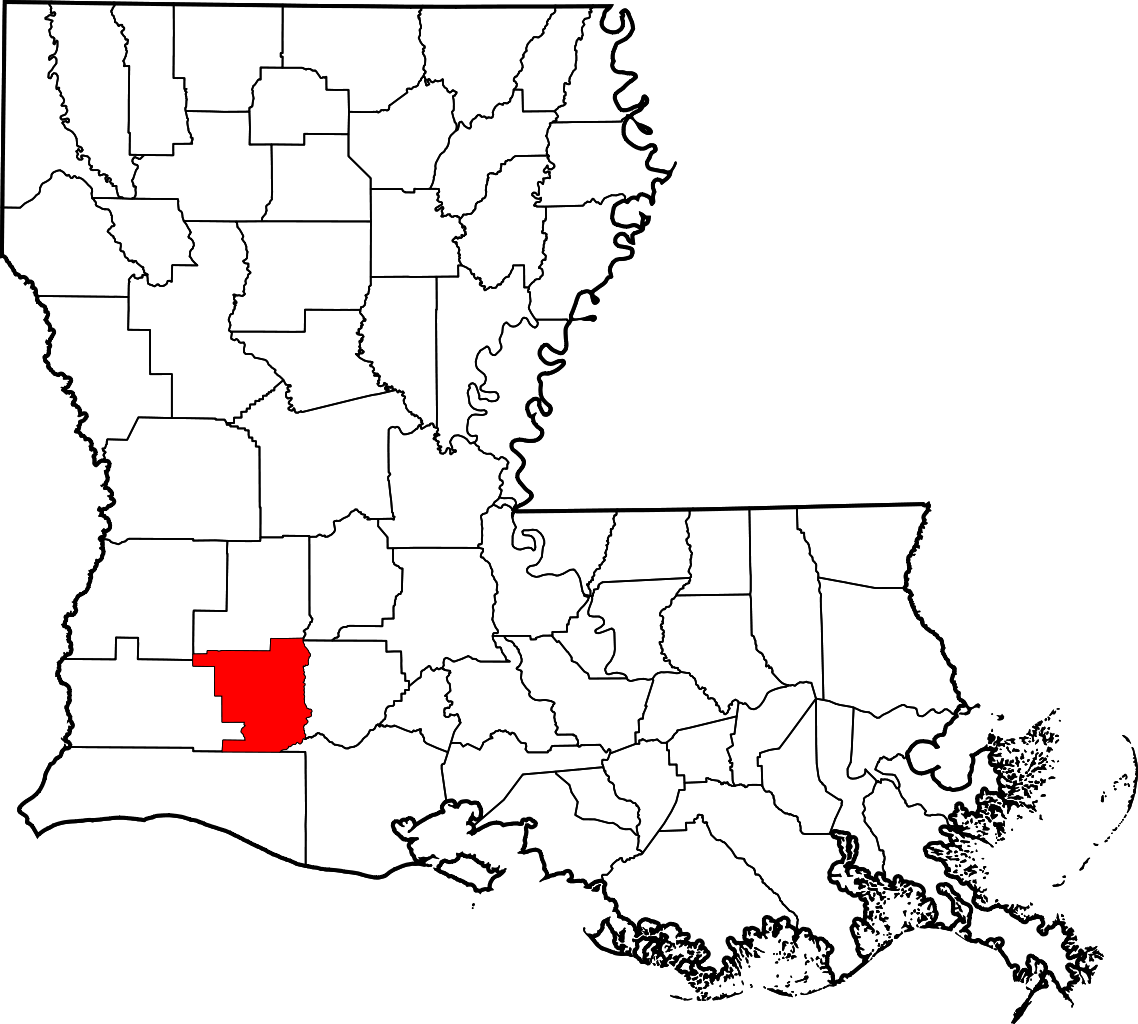“Murder in the Bayou: Who Killed the Women Known as the Jeff Davis 8?” was published in Sept. 2016 by investigative journalist Ethan Brown about his research into a series of murders surrounding Jennings, Louisiana that occurred between 2005 and 2009. While the implications in Brown’s book have been shocking, if not wholly surprising, they illustrate the many abuses by institutions charged with serving the public such as law enforcement and journalist towards communities on the lowest rungs of American social class.
In his book, Brown immediately debunks the serial killer myth that has persisted since the initiation of the unsolved crime’s task force in 2008.
Brown also asserts that “local law enforcement [including the task force] is far too steeped in misconduct and corruption to run an investigation [with integrity].” In fact, numerous named sources claim blatant corruption by local authorities throughout the article and Brown mentions a scene of egregious misconduct he saw in an interview with Rolling Stone last fall.
By the end of the article, Brown doesn’t accuse any person or entity of committing a crime, but the evidence and interviews he documents paint an obvious picture.
Publicity for the story peaked with a 2010 New York Times article that caused Brown to begin his investigation into the case. When Brown’s own book was released in 2016 news outlets only paid interest into an irrelevant connection to a Senate candidate who lost in the primaries.
Writer and activist Melissa Gira Grant writes for Pacific Standard, “Brown, who wants reporters to dig deeper into this case, was frustrated to see stories overlooking what he had reported.”
Brown writes in a Medium article, which he published in 2014 before his book, “a review of hundreds of pages of task force investigative reports reveals a series of witness interviews in which local law enforcement were implicated in the murders.” However, these reports have never been made public and little follow up has been done on any elements of what Brown investigated.
In many ways, the lack of justice in the Jeff Davis 8 investigation fits the growing themes of our country—something else Brown was aware of during his time writing the book—marginalized individuals killed in conspicuous ways with little accountability for the perpetrator(s) who seem to come from a position of power and little outcry from the public.
Grant writes about Brown’s book and the victims, who were all sex workers, “[American society is] primed to view sex workers as characters in a ‘special victims’ serial drama.”
Many people compare the Louisiana-set crime show True Detective to the Jeff Davis 8 case; Brown and the creator of True Detective, Nic Pizzolatto, have both acknowledged the comparisons as well. With these comparisons, it can be difficult for an outside audience to look at the gruesome deaths of these eight women in Jennings with any more concern than those dramatized on an hour long television show.
The incredulity of Brown’s uncovering helps to make the story seem more like a television show than real life. Upon his arrival in Jefferson Davis Parish, Brown recounts ex-cops saying to him, “We promise you’ve never seen anything like this in your life.” Rolling Stone writes about Brown’s book location, “[southern Louisiana has] some magical realism to it, with the power to represent the dark and unknowable – and maybe a little sinister – parts of our country.”
Rolling Stone and other reports on the book go on to say systemic “unconstitutional policing” and the victims’ social status and deep poverty in a dangerous locale create a combination of factors in outcomes like this case. Brown tells Rolling Stone “they were dying under the weight of having no resources for their health problems, mental health problems, or substance abuse.”
This is true, but many individuals are still to blame for what happened to these women, and should be held accountable. Justice can be hard to define. Certainly the victims do not have justice yet, and may never. But the system needs to work towards justice as well. Law enforcement is tasked with that very word. There is no justice in the environments these women lived in, but that doesn’t excuse there being no justice in the response to their death.
Brown leaves readers wondering what can be done for future victims. Around the country, we have seen little change in response to recordings and live streams of blatant misconduct. Louisiana has made a legacy out of stories like the Jeff Davis 8. In 2016 New Orleans FBI Special Agent-In-Charge, Jeffrey Sallet, called Louisiana corruption more robust “than any other division in the country.”
Despite Brown’s incredible revelations on the case of these eight women, the indifference that remains surrounding the Jeff Davis 8 indicates no future change. Regardless of what’s revealed, the Jeff Davis 8 is another case in a long line of instances where wronged, marginalized individuals receive no justice.
Ryan Thaxton is a 20-year-old journalism sophomore from Monroe, Louisiana.
Opinion: Series of murders in Louisiana highlight lack of justice, police corruption
By Ryan Thaxton
January 26, 2017
Investigative journalist Ethan Brown describes the story of eight serial murders that occurred between 2005 and 2009 in his book “Murder in the Bayou: Who Killed the Women Known as the Jeff Davis 8?”





